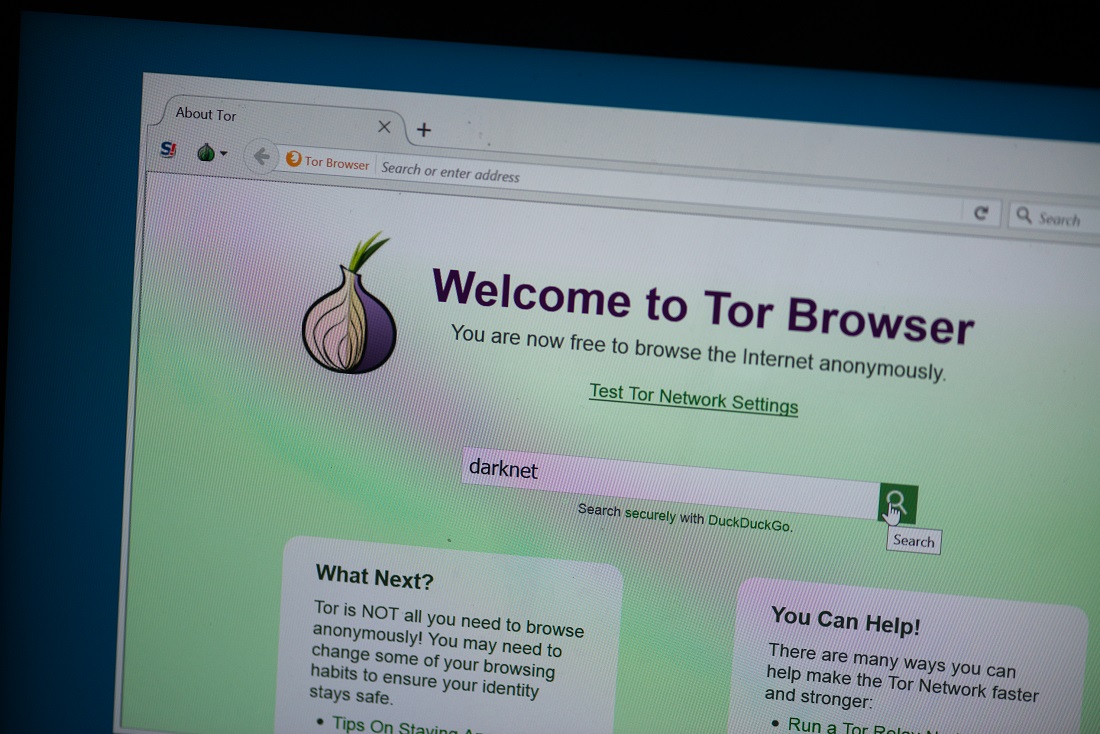The deep web intrigued the imagination of countless people, shrouded in obscurity and often misunderstood as a sphere solely for unauthorized activities. In reality, it is a complicated landscape where anonymity is paramount above all, providing both possibilities and dangers for those who dare into its underbelly. Dark web markets act as the focal point for numerous transactions that vary from the innocuous to the exceptionally dangerous, establishing a captivating intersection of commerce and wariness.
As entities and groups maneuver through this hidden internet, they encounter a tantalizing question: is the possible reward worth the inherent risk? Understanding the nuances of dark web market transactions is essential for anyone looking to understand the wider implications of this hidden economy. From the purchase of scarce digital goods to the trading of illicit substances, the reasons for participating in these markets are as heterogeneous as the goods and services offered. Examining these transactions reveals not only the drives of buyers and sellers but also the associated dangers that come with operating in a environment where trust is limited and counterfeits are prevalent.
Comprehending the Obscure Web Economy
The obscure web economy is a complicated network that operates largely outside the regulations and supervision of conventional markets. It encompasses a diverse array of goods and services, often illicit, ranging from drugs and weapons to stolen data and counterfeit currency. Individuals rely on disguise and coding tools, facilitating transactions that would ordinarily be impossible in conventional marketplaces. This subterranean economy thrives on both demand for illicit goods and the supply provided by numerous vendors who take benefit of the obscure web's unique characteristics.
One of the essential factors driving the shadowy web economy is the use of digital currencies. Digital currencies like Ethereum provide users with a layer of anonymity, making it challenging to trace transactions back to people. Vendors and buyers choose these forms of payment for their regarded safety and speed. While this type of payment has valid uses, it is particularly attractive to those engaging in unlawful trade, as it helps to veil their personas and shield their assets from law enforcement.
The dark web is not solely a hub for illegal activities; it can also serve as a platform for legal goods and services that require confidentiality. Privacy-focused technologies and platforms have emerged, supplying safe avenues for interactions and transactions in an increasingly surveillance-driven world. However, the pervasive existence of illegal market transactions casts a shadow over the entire obscure web economy, leaving policy makers and law enforcement struggling with the issues it poses.
Threats Involved of Darknet Exchanges

Participating in exchanges within darknet platforms comes with considerable dangers which can lead to severe consequences for individuals. darknet market is the likelihood for deception and swindles. A lot of providers in these markets are not trustworthy, and transactions can lead to acquiring counterfeit items or no items at all. Individuals are often left with little remedies, as anonymity and no regulation hinder recovering lost funds or obtain reparations.
Another major risk includes criminal repercussions. The dark web is frequently linked to illegal activities, and buying goods such as controlled substances or hacked data can result in serious law-related trouble. Authorities bodies continuously monitor these platforms, and undercover missions can lead to captures of clients and sellers alike. Individuals engaging in these activities must be aware that they might be placing themselves at hazard of criminal accusations.
Additionally, there are cybersecurity threats related to darknet deals. Individuals typically share private data, such as cryptocurrency wallets and private information, which can be taken advantage of by cybercriminals. Viruses and deceptive schemes are common, and individuals may discover their machines compromised as a result of their engagement. Safeguarding one's personal identity and information is challenging, resulting in the risk of identity fraud and loss of assets a critical concern among all traversing these shadowy markets.
Promising Gains and Upcoming Patterns
The appeal of dark web markets primarily lies in the possible returns they offer, from anonymity to unique product availability. For numerous individuals, the ability to acquire goods without revealing personal information is a significant attraction. This feature not only benefits buyers looking for discretion but also merchants who can trade without standard industry restrictions. As acceptance of cryptocurrency grows, transactions have become more streamlined, promoting the advancement of these online marketplaces.
As technology advances, the hidden web marketplace are likely to see an increase in complexity. The application of AI and computational intelligence could elevate user satisfaction, making exploration easier and more focused. Additionally, we can expect enhanced security features to counteract increasing law enforcement attention. Sellers might also adopt trusted shipping methods, which could broaden their customer base and build trust in potential buyers.
Finally, the emerging patterns in the dark web could also feature a transition towards social responsibility within these platforms. Some vendors are already promoting goods that are marketed as eco-friendly, or ethically produced, appealing to a rising demographic that prioritizes ethical consumption. As the market landscape changes, we may observe a rise in community-driven initiatives that encourage openness among vendors, potentially altering attitudes towards darknet dealings and their value in the larger economic framework.
